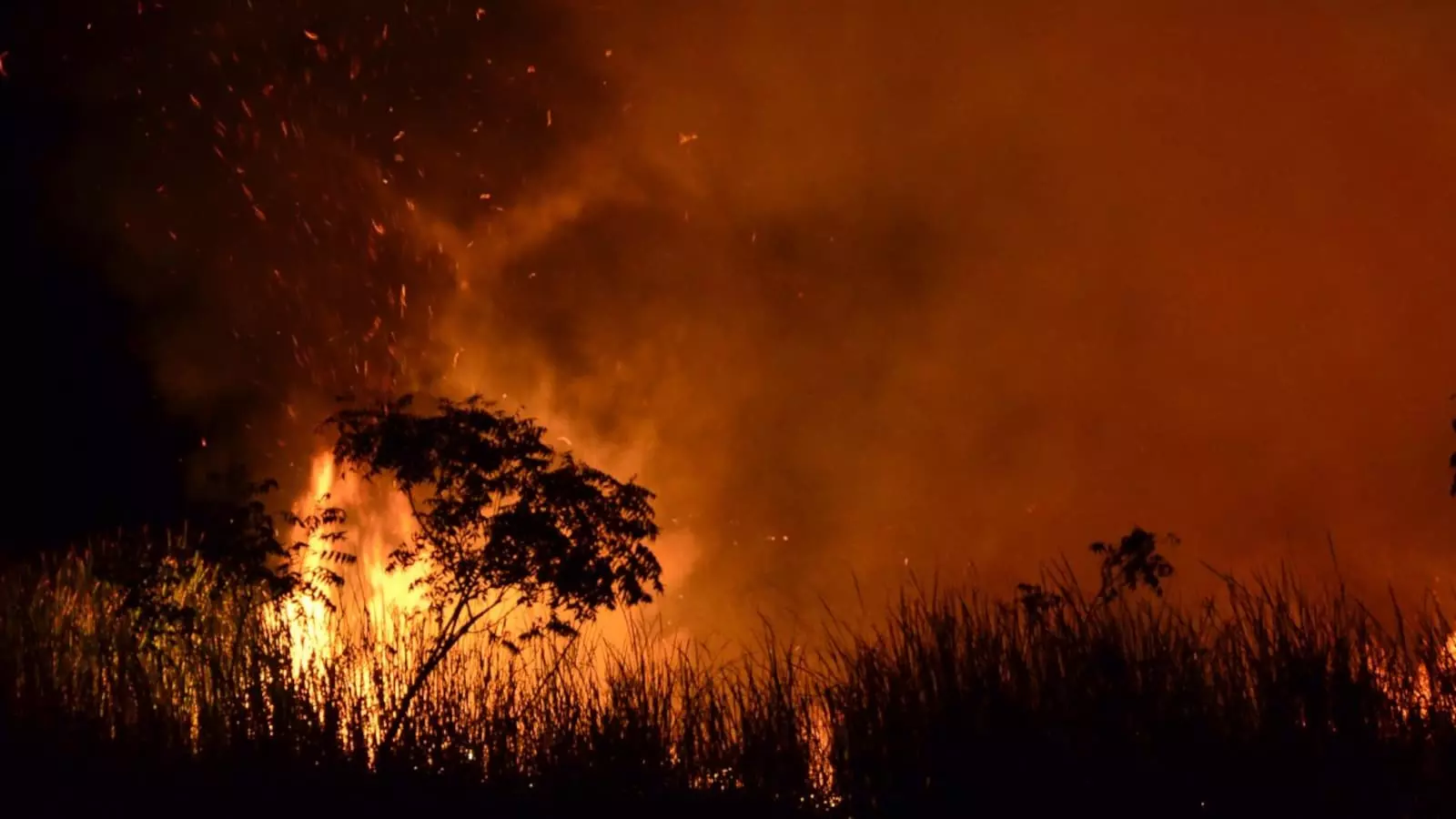
Central Industrial Security Force and Cops checking vehicles ahead of the Lok Sabha elections and Secunderabad Assembly by-election, in Hyderabad on Saturday, April 27, 2024.
| Photo Credit: NAGARA GOPAL
Unlike routine days, people stepping out on a small errand can find themselves in one of the many makeshift white tents placed along roads in the city. These tents house four to five policemen, called Static Surveillance Teams (SSTs), deputed round the clock in three shifts every day across over 180 checkposts in the State.
A common sight in the city amid the election season is vehicles parked on the roadside for questioning and checking as police ensure that the Model Code of Conduct (MCC) is enforced in earnest.
Officials said that major seizures often happen following a tip-off either from the department or other sources. “The SSTs and flying squad teams (FST) collaborate in such cases where information about the vehicle carrying unaccounted cash or goods is shared with the police force earlier,” Rachakonda Commissioner of Police Tarun Joshi explained.
However, SSTs largely perform random checks on vehicles on major roads, Commissionerate and State borders. When asked how they decide to stop one vehicle and not the other, P. Siva Reddy, a senior official deployed at the Amberpet SST located in Ramanthapur, who has been in service for 25 years, said, “While the checks are truly random in nature, we identify drivers who become hesitant as they see the checkpost. Their driving style and facial expressions reveal if they are hiding something.”
Another official, Azmath Ali, deployed at the checkpost in Film Nagar, agreed. “Often, suspicious drivers will either speed up or take a U-turn as soon as they spot a checkpost. In such cases, we alert the SST ahead of us or the flying squad to do the checking,” he added. Mr. Ali has been serving for the last 40 years.
Interestingly, across the eight checkposts in the Rachakonda Commissionerate, the officials check vehicles on shifts. They internally divide time based on the various vehicle types. “For example, the first two hours are for cars, followed by RTC buses in the next two hours, and so on,” an official explained.
As of the third week of April, the State has seen cash seizures worth around ₹155 crore.
Evolving trends
“Now, the entire process of checking is video-graphed. The flying squads are equipped with GPS and cameras for monitoring. These things will only evolve further,” said Mr. Reddy.
While a reasonably streamlined process is in place, officials noted that the violators have also improvised mechanisms to overcome the system. “Innovative ways to transport cash and material in concealed chambers and pockets in vehicles are being used,” Hyderabad Taskforce DCP S. Rashmi Perumal said.





